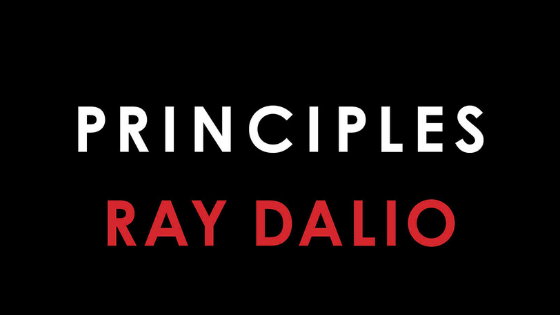
5.2 Synthesize the situation at hand.
Every day you are faced with an infinite number of things that come at you. Let’s call them “dots.” To be effective, you need to be able to tell which dots are important and which dots are not. Some people go through life collecting all kinds of observations and opinions like pocket lint, instead of just keeping what they need. They have “detail anxiety,” worrying about unimportant things.
Sometimes small things can be important—for example, that little rattle in your car’s engine could just be a loose piece of plastic or it could be a sign your timing belt is about to snap. The key is having the higher-level perspective to make fast and accurate judgments on what the real risks are without getting bogged down in details.
Remember:
a. One of the most important decisions you can make is who you ask questions of.
Make sure they’re fully informed and believable. Find out who is responsible for whatever you are seeking to understand and then ask them. Listening to uninformed people is worse than having no answers at all.
b. Don’t believe everything you hear.
Opinions are a dime a dozen and nearly everyone will share theirs with you. Many will state them as if they are facts. Don’t mistake opinions for facts.
c. Everything looks bigger up close.
In all aspects of life, what’s happening today seems like a much bigger deal than it will appear in retrospect. That’s why it helps to step back to gain perspective and sometimes defer a decision until some time passes.
d. New is overvalued relative to great.
For example, when choosing which movie to watch or what book to read, are you drawn to proven classics or the newest big thing? In my opinion, it is smarter to choose the great over the new.
e. Don’t oversqueeze dots.
A dot is just one piece of data from one moment in time; keep that in perspective as you synthesize. Just as you need to sort big from small, and what’s happening in the moment from overall patterns, you need to know how much learning you can get out of any one dot without overweighing it.
* Source: Principles by Ray Dalio
